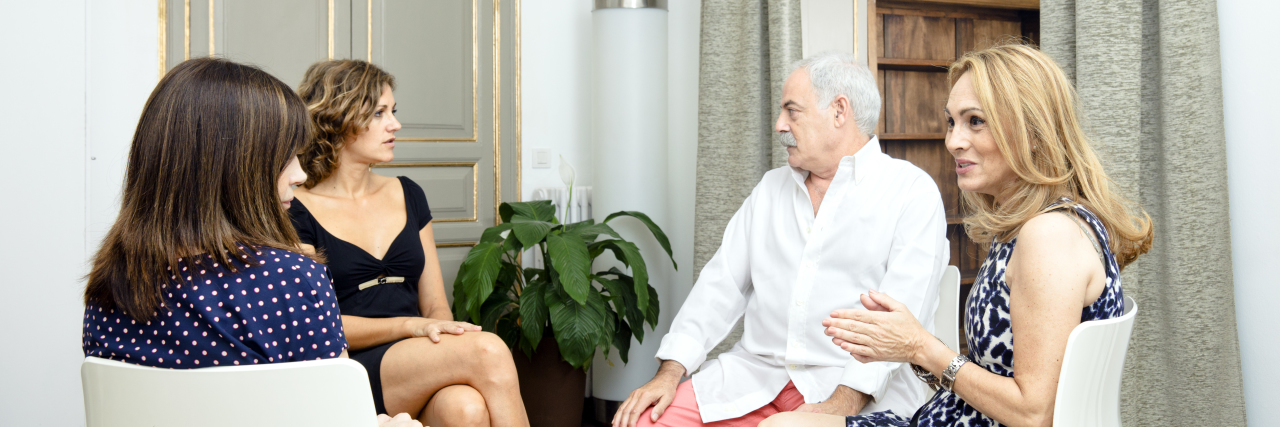After I was discharged from the hospital when I had my stroke, I was extremely nervous, as was my husband. We were both scared my body would throw another clot and I’d wind up with a second CVA. He would call me from work several times a day to make sure I was OK, and made sure his parents could take me to my appointments if he couldn’t. I felt very much alone and nervous, afraid I wouldn’t recover completely so I could resume my normal activities.
One particular evening, I was surfing the internet looking for a stroke support group since the hospital never referred me to one when I had asked. The first thing that came up was “American Heart Association.” I had no idea that they were about stroke support until I was chatting online with a representative who explained what the organization does and how they can help stroke survivors like myself. She was able to connect me with a support chapter near me so I could attend the meetings, and I was given the name of a member who lived 25 minutes from my home. That made me breathe a little easier, since I knew she could empathize with what I was going through, having been through a stroke herself.
I contacted her and we met in person. We talked for over an hour and she explained the role physical and occupational therapy would play in my recovery, and why working on brain games would help me with my cognitive deficiencies. She mentioned that attending a stroke survivors support group would be beneficial because they bring in a variety of speakers ranging from neurosurgeons, neurologists, dietitians, rehab therapists, the office for aging, information regarding driving again, as well as medical suppliers to answer questions about health insurance coverage for walkers, wheelchairs, canes etc.
I took her advice and went to several meetings to educate myself on coping after a stroke and relearning things we take for granted such as writing, walking, using our short term memory. I utilized the suggestions that were presented by the speakers. It took several months to improve my writing, strength on my right side as it was temporarily paralyzed, and my stamina. I pushed myself in rehab to do more than what was expected of me. I was exhausted afterwards but in the end, I knew it’d be worth it so I could get back to as “normal” as possible.
My “stroke coach” was a life saver for me. I’m very grateful to the American Heart Association for providing the support I needed to recover mentally and emotionally. The fact their volunteers are mainly survivors themselves is an added plus because they have been in the same shoes. I highly recommend other survivors contact this organization so they have someone to talk to, ask questions, or even just to listen to their concerns and fears. I can’t thank them enough for playing a huge part in my recovery.
For more information on locating a chapter near you, please visit their website or call 1-800-242-8721. One person can make a difference in someone else’s life.
Getty image by Maica.

